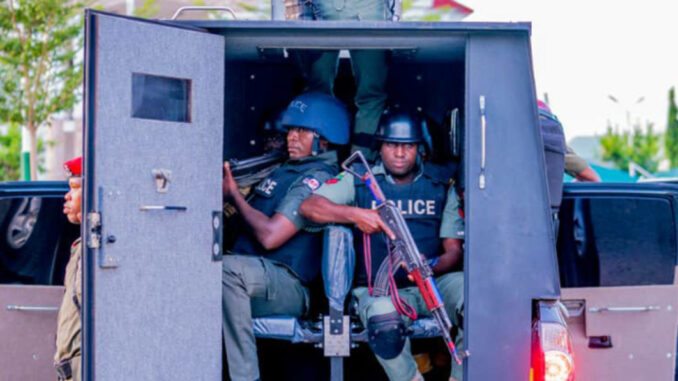
The incident in Zamfara State, where a gang of gunmen kidnapped more than 50 women and children in a raid at Kakin Dawa village on Sunday, December 8, 2024, highlights the ongoing security challenges in Nigeria. In the last few years, violence arising from religious extremism, kidnappings and banditry has claimed numerous lives, displaced communities and stifled economic growth.
The statistics of the incidents for this year alone indicate a dismal record of woes. The North-West zone, which is the most volatile part of the country, recorded 41 kidnappings and 27 incidents of banditry, leading to 166 casualties. In all, over 100 cases of kidnappings were recorded by the police nationwide. The adverse effects of the chaos are far-reaching. According to records, over 200,000 individuals have been displaced across the country this year, resulting in abandoned farmlands and worsening food crisis.
The Federal Government has been busy trying to devise strategies against the situation. Recently, President Bola Ahmed Tinubu met with the Service Chiefs to re-strategise. The Northern Governors Forum has equally met and agreed to deploy new approaches against the alarming development. These efforts are commendable.
But while solutions are being sought, it is important to note that the problem is endemic, and therefore cannot be tackled effectively by fire brigade approach. Hence, problems like widespread poverty and unemployment must be dealt with. Corruption, the root of all evils in Nigeria, must be tackled headlong instead of merely paying lip service to it. Culprits should not only be apprehended but must also be made to pay for their crimes to serve as deterrent to others.
The security system must be strengthened and decentralised to cope with the magnitude of the crime wave. There should be urgent security reforms in which adequate infrastructure, sufficient funding, training and equipment are given priority. The reforms should cover intelligence gathering, improved inter-agency collaboration and community intelligence. These will enable government to contain security threats and reduce such to the barest minimum.
Long-term measures should include economic empowerment. The economy must be stabilised, freed from fluctuating oil prices, high inflation and currency devaluation. Government must invest in education, job creation, and schemes directed at poverty reduction.
Some of the cases of violence are politically motivated, instigated by groups who politicise ethnic and religious differences to create divisions for their selfish ends. Government should create an atmosphere that fosters inclusive governance, making room for dialogue between the government, civil society and minority groups.
Equally central to the achievement of enduring peace is civic engagement. Government should introduce policies and programmes that encourage active citizenship and community participation. When a sense of belonging is instilled in the citizens, they become committed to keying into community policing and other security measures.
Indeed, Nigeria’s security crisis demands immediate attention and collective action. The government, civil society and citizens must unite to address the root causes of violence and insecurity. The future of Nigeria depends on our ability to act decisively and collectively to end this scourge.
END

Be the first to comment